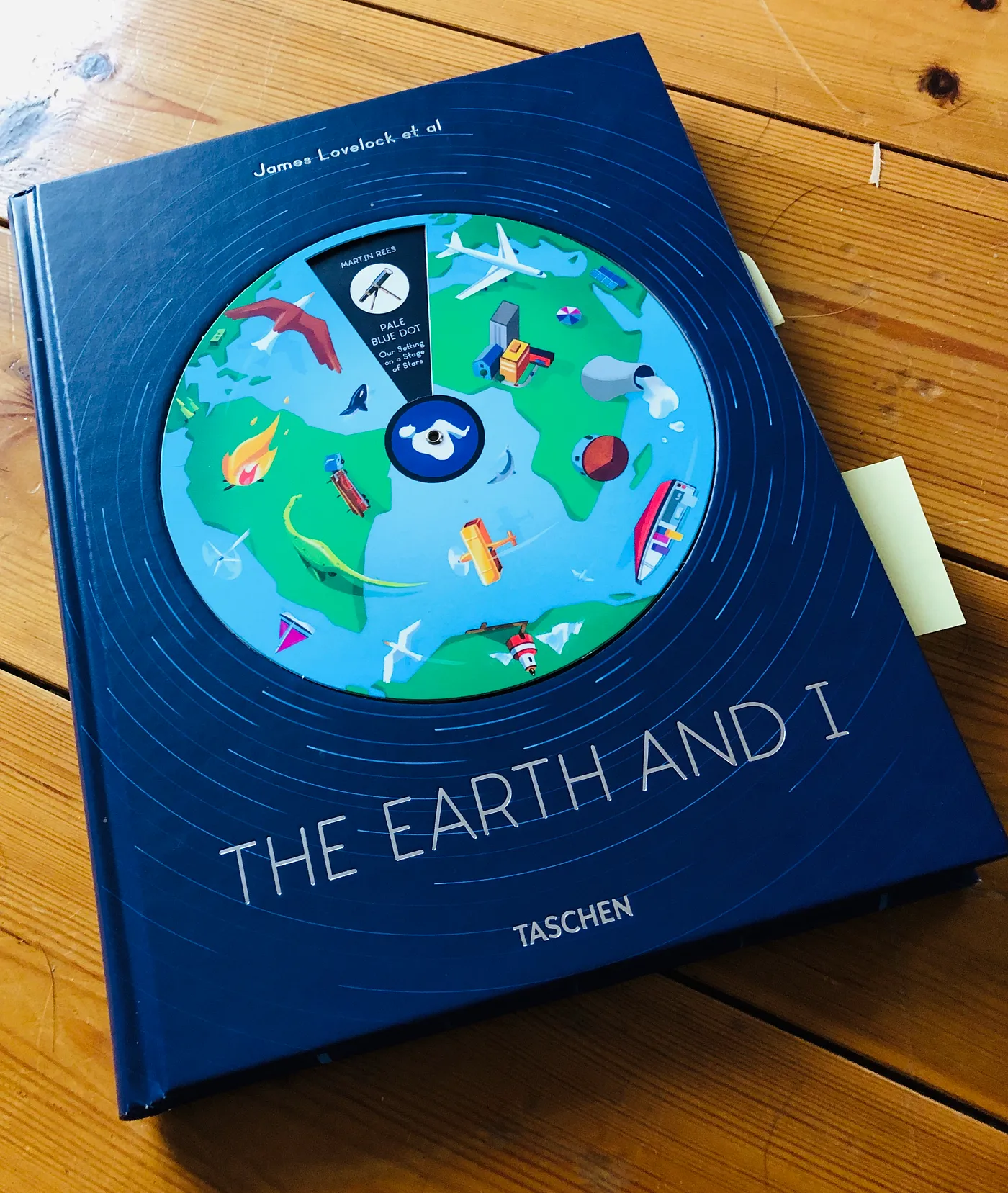Teachers as Inventors, not Scientists
Research tells us 'what worked'. Creative teachers constantly tinker to keep finding 'what works'. What does that make them?
I opened my first ‘proper’ book, Essential Motivation in the Classroom, with a quote I borrowed from Stephen Pinker in How the Mind Works:
‘Every idea in this book might turn out to be wrong, but that would be progress.’
For more than a decade though, in education, anyone being wrong about anything has been vilified, derided and mocked in the toxic atmosphere deliberately created by Gove and Cummings (at it back then) to force through their agenda under Margaret Thatcher’s famous TINA approach — There Is No Alternative.
Standing on the Throats of Giants
Under the guise of ‘You must do what the research says you must do’, standing on the throats of giants became quite the thing and, with it, a rising sense of fear about getting things wrong in the classroom.
This was combined with a powerful push to de-professionalise the teaching profession for whom ‘We’ll give this a try’ became a sign of amateurish practice rather than natural teacher creativity and inventiveness.
However, as Durham University researcher Steve Higgins suggests about some of the ideas teachers have tried and been attacked for in his chapter for The Routledge International Handbook of Research on Teaching Thinking, ‘…the practices undertaken in schools may have some education value for other reasons’.
If It Works, It Works
Indeed, underestimating a teacher’s professionalism just because they tried something not backed up by science may be deemed unscientific in itself, displaying as it does a ‘lack of critical (or scientific) thinking, as brain-gym and NLP might be reliably effective at achieving certain outcomes, just not for the reasons the proponents expound’.
In other words, it if works, it works. Fill your boots.
Anyone who has heard me speak over the many years I’ve been doing this job may have heard me talk about the idea of the classroom as a laboratory and the importance of trying new things with (and not on) students.
But I realise now I have been missing something and it was only reading the words of the environmental writer and thinker James Lovelock in his wonderful book The Earth and I (all schools should have a copy, really) that I understand why I was only half right.
The Inventor in the Classroom
What I now realise is that your classroom may not be be a laboratory but a workshop. And the teacher, he or she is not so much the scientist but the inventor.
As Lovelock points out:
‘Things are always done by inventors. I had always intended to be a scientist, indeed I had always assumed that I was one. I started off thinking science was everything. But gradually, as life’s gone on, I’ve realised that scientists are expected to be the acme of rationality. And my way of thinking is mostly intuitive, not rational. Inventions are intuitive responses to needs… It can take as long as 10 years, sometimes more than a hundred, for a scientific explanation to emerge for something that works.’
The best teachers are endlessly creative, inquisitive and inventive, so go for it. Don’t wait to be told what to do or hold back for fear of getting it wrong — trust yourself more and let the research catch up with you, eventually. [ITL]

To find out more about booking Ian Gilbert for your school, college or organisation call us on 01267 211432 or drop us an email on learn@independentthinking.co.uk.
Enjoy a free no-obligation chat.
Haggle a bit. Make a booking.
Call us on +44 (0)1267 211432 or drop us a line at learn@independentthinking.co.uk.

About the author
Ian Gilbert
Ian Gilbert is an award-winning writer, editor, speaker, innovator and the founder of Independent Thinking. Currently based in Finland, he has lived and worked in the UK, mainland Europe, the Middle East, South America and Asia and is privileged to have such a global view of education and education systems.